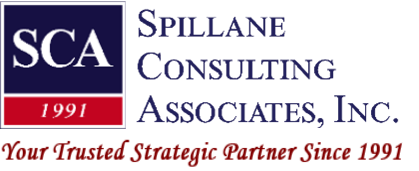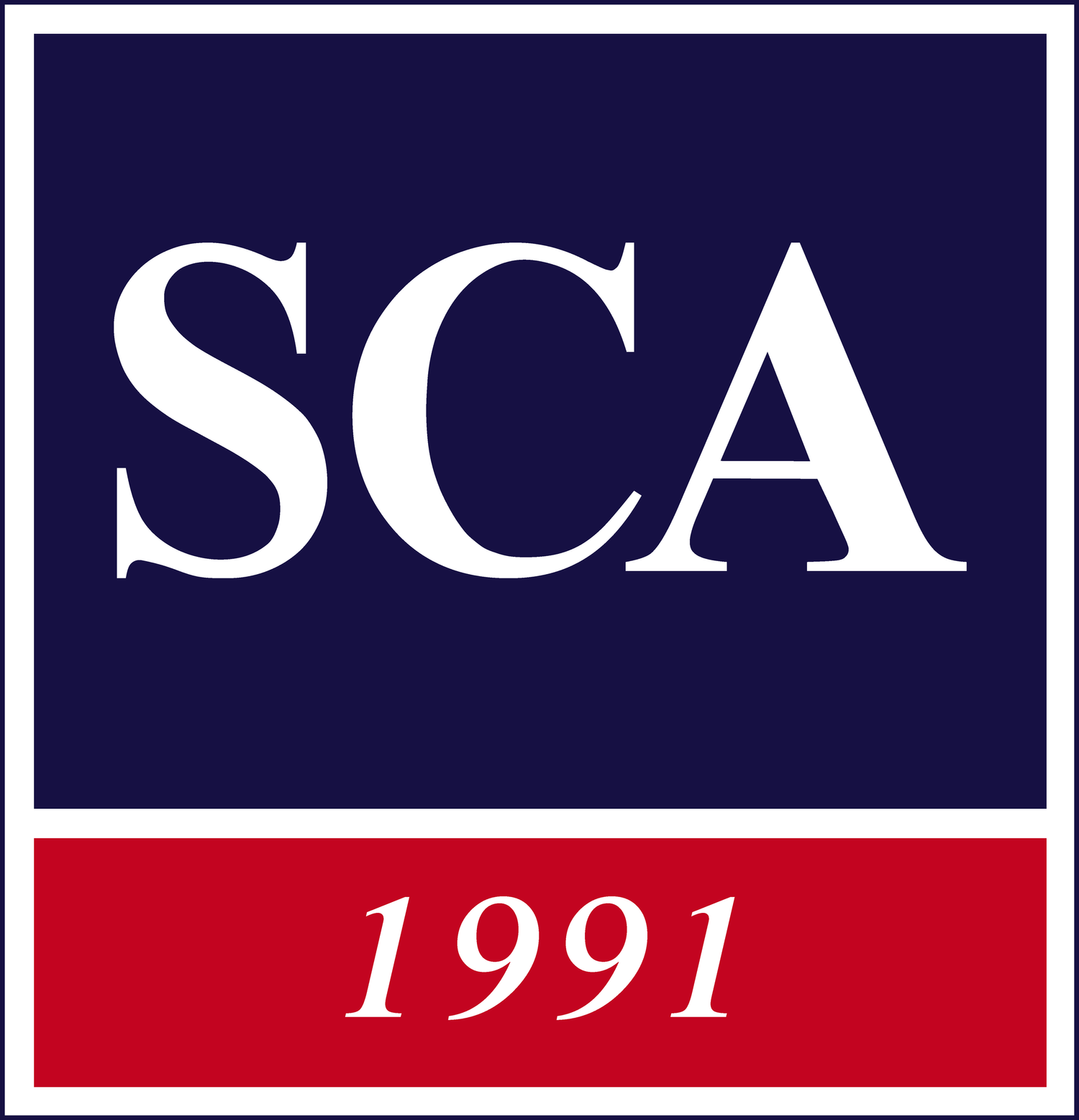CMS and Compliance Issue Management
Do you have a formal compliance issue management tracking system in place?
Preventing and identifying regulatory compliance violations/issues are critical in any compliance management system. However, if you don't have a strong issue management and resolution process in place, you're missing a key component of a well-rounded satisfactory CMS plan. Missing this element can also negatively impact an institutions profitability if issues linger and/or never get resolved and keep drawing on resources.
No matter the size or complexity of a financial institution, a process that documents compliance issues from identification to resolution is critically important for an effective and economically intelligent compliance operating model. In addition, Examiners have a high expectation that compliance issues are being managed and resolved proactively and effectively.
The basic components of an issue management program start with:
· Ensuring you’re capturing and documenting all compliance issues from all areas they may originate from (i.e. complaints, audits, examinations, vendor management, regulatory changes/compliance calendar, etc.),
· All issues are formally detailed in some form of a report and are distributed amongst the key stakeholders of the institution (the format and content of these reports is critically important),
· Identification of the business unit owner of the issue and documenting their corrective action plan including deadlines set to implement such corrective action that are reasonable,
· Any outstanding issues should have required readout by the responsible owner of the issue to report progress on the corrective action at a formal committee (whether it be compliance, audit, or even just a staff meeting of management),
· The issue management tracking report should also have a process to document the testing of any corrective action once corrective action has been implemented to ensure the initial deficiencies have been fully corrected and no unintended consequences resulted as part of implementing that corrective action.
· These points should all be maintained in some written or electronic format and discussed at compliance committee meetings and provided to the Board periodically. The format and frequency are largely driven by the size and complexity of the institution.
This has been just a very high-level introduction of the basic components of a compliance issue management tracking process which should be incorporated as a key aspect of a well-rounded efficient CMS program. Even the most basic issue management program will help ensure that compliance items identified do not recur ultimately saving an institution money in the long run.
SCA’s team of compliance experts assist our clients with successfully managing their compliance risk and can tailor an engagement to meet your needs.
For a free consultation to discuss specific regulatory requirements, to review your CMS program or to perform a targeted assessment, contact Bill Dolan, Director at (617) 694-2617 or visit our website at: www.scapartnering.com to learn more about SCA’s consulting services.


